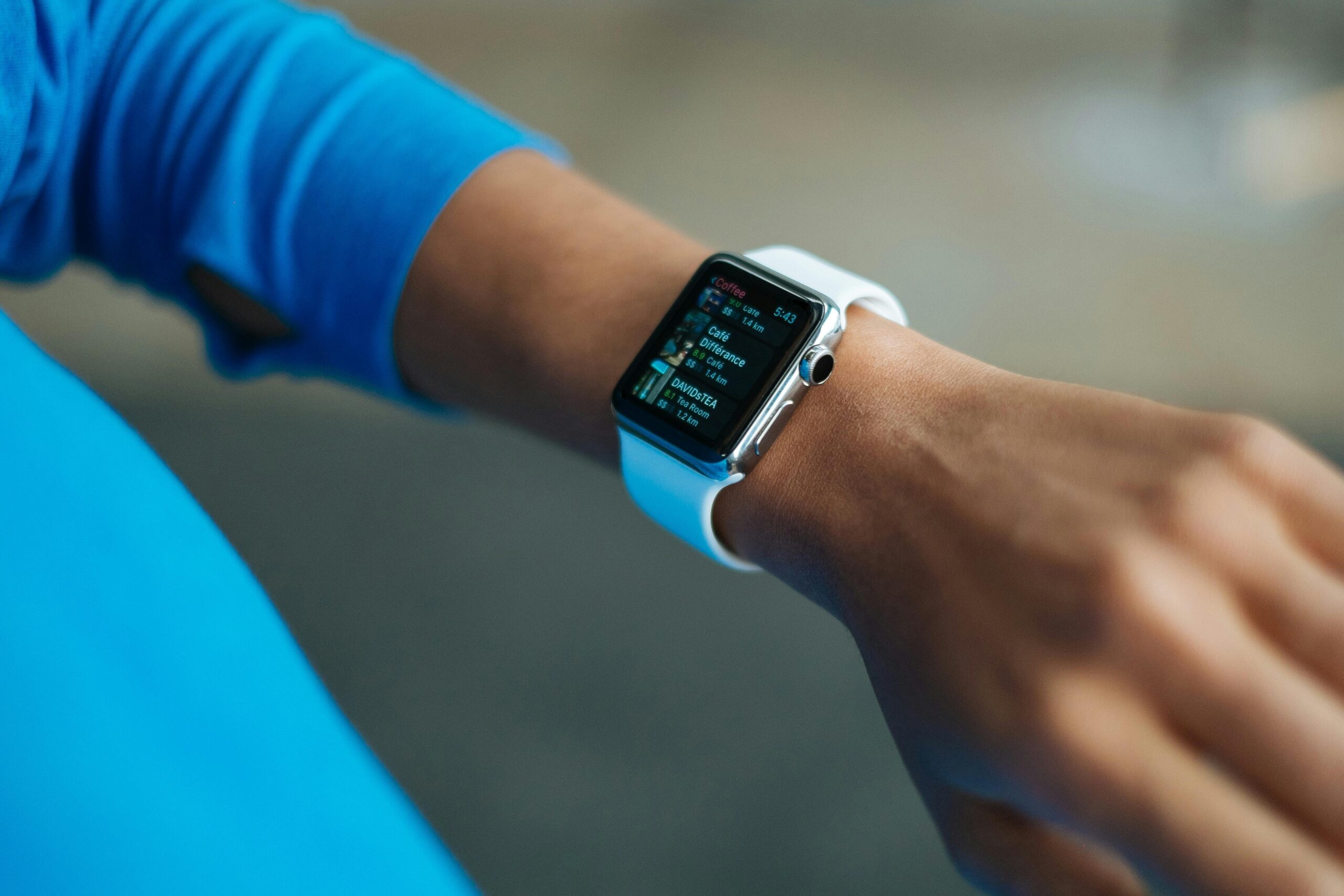
Photo Credit : Pexels
With the growing awareness around health and wellness, fitness tracker have become a go-to gadget for millions. Whether you’re trying to stay fit, monitor your sleep, or just want to be more aware of your daily habits, these smart devices are proving to be essential tools. In 2025, fitness trackers are more advanced than ever, blending technology and health insights in one convenient wristband.
What is a Fitness Tracker?
A fitness tracker is a wearable device, often in the form of a wristband or smartwatch, that monitors various physical activities and health metrics. These devices are equipped with sensors that track data like steps taken, heart rate, calories burned, sleep quality, and more. Most trackers sync with a smartphone app, allowing users to view detailed reports and set personal goals.
Key Features of Today’s Fitness Trackers
Step and Distance Tracking
Almost all fitness trackers include step counters and distance measurement. By using motion sensors, they calculate how far you’ve walked or run throughout the day, helping you hit your daily movement targets.
Heart Rate Monitoring
Many trackers offer continuous heart rate monitoring. This is useful not just during workouts but also for understanding how your heart functions at rest and during sleep.
Sleep Tracking
Sleep tracking features can identify different stages of your sleep cycle, including light, deep, and REM sleep. You’ll get feedback on how long you slept and how restful that sleep was.
Calorie Tracking
Based on your physical activity and personal data (such as weight and age), trackers estimate how many calories you’ve burned during the day, giving you better control over your nutrition and fitness goals.
Workout Recognition
Advanced models can automatically detect when you’re engaging in exercise such as walking, running, or cycling. They begin logging your workout without needing manual input.
Blood Oxygen and ECG Monitoring
Higher-end models now include blood oxygen level (SpO2) tracking and electrocardiogram (ECG) functions, which can help monitor conditions like respiratory issues and heart irregularities.
Stress Tracking and Breathing Exercises
Some trackers can estimate your stress levels using heart rate variability and other indicators. Guided breathing exercises are also included to help you relax and reduce anxiety.
Water Resistance
Most current models are water-resistant or waterproof, making them safe to wear in the shower or while swimming.
Why Use a Fitness Tracker?
Encourages Daily Movement
Fitness trackers act as a reminder to move, often prompting you when you’ve been inactive for too long. This helps reduce a sedentary lifestyle and encourages consistent physical activity.
Gives You Data to Act On
With regular tracking, you gain a better understanding of your habits and health. The data helps identify patterns, set realistic goals, and measure progress effectively.
Tracks Long-Term Progress
Fitness trackers store historical data so you can review your activity and health improvements over time. This feedback is essential for anyone working towards specific fitness or health milestones.
Improves Sleep Quality
Knowing how well you sleep and what might be affecting your rest can lead to healthier habits, such as going to bed earlier or reducing screen time before sleep.
Sets Personalized Goals
Fitness trackers allow you to create and adjust personal health goals based on your activity levels and preferences. You can aim for a certain number of steps, calorie targets, or sleep hours.
How to Choose the Right Fitness Tracker
Identify Your Needs
Decide what features are most important for your goals. Are you looking for basic tracking or do you want advanced health metrics like ECG and SpO2?
Check Device Compatibility
Ensure the tracker works well with your smartphone’s operating system (iOS or Android) and your preferred fitness app.
Evaluate Battery Life
Some devices last only a day or two due to power-hungry features, while others can run for a week or more. Choose based on your lifestyle and charging preferences.
Consider Design and Comfort
You’ll likely wear the tracker all day, and possibly all night. Look for something lightweight, comfortable, and suited to your style.
Set a Budget
Fitness trackers are available across different price ranges:
- Basic models offer step tracking and heart rate monitoring.
- Mid-range options add sleep tracking and better app integration.
- Premium trackers include GPS, advanced sensors, and in-depth wellness tracking.
Top Fitness Tracker Brands in 2025
- Fitbit – Known for user-friendly features and reliable tracking with a supportive app ecosystem.
- Garmin – Preferred by athletes for its precision and durability, especially in running and cycling.
- Apple Watch – Combines health tracking with smartwatch features, ideal for iPhone users.
- Samsung Galaxy Watch – Offers a balanced mix of fitness and smart features.
- Xiaomi Mi Band – A budget-friendly option that doesn’t compromise on core fitness features.
Fitness Trackers vs. Smartwatches
While there is some overlap, fitness trackers primarily focus on health and activity data, whereas smartwatches offer broader functionality including notifications, apps, and calls. If your main priority is health monitoring, a dedicated fitness tracker might be the better choice.
Conclusion
Fitness trackers have transformed the way people approach health and fitness. With real-time data, personalized goals, and easy-to-understand insights, they offer an accessible and powerful way to improve your lifestyle. Whether you’re new to fitness or a seasoned athlete, there’s a fitness tracker that can help you move smarter, sleep better, and stay healthier.
